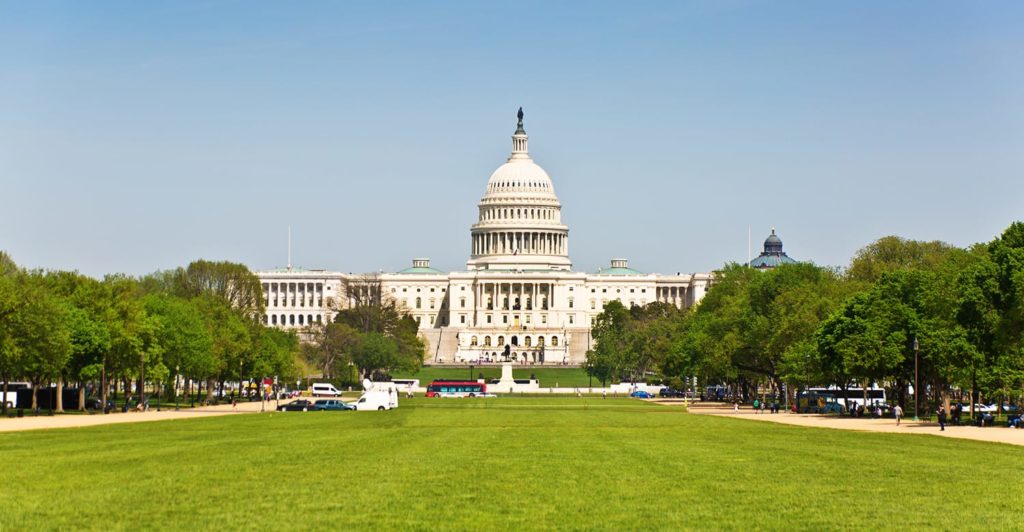The Solar Energy Industries Association (SEIA) and other solar advocates will meet on July 10-11, 2019 in Washington, DC for SEIA’s Midwestern States Federal Lobby Day. This meeting of the minds in the solar industry is held to put solar industry leaders in touch with lawmakers representing Midwestern states. These include Ohio, Indiana, Illinois, Michigan, Wisconsin, Minnesota, Iowa, Missouri, North Dakota, South Dakota, Nebraska, Kansas, and Oklahoma.
The goal of Lobby Days is to encourage the development of solar-friendly legislation. It is imperative to educate members of Congress and their staff about solar’s role in the Our energy future. How solar effects the economy and employment. What kind of trade issues are facing solar, plus tax issues and other concerns. This important work directly impacts the solar industry and homeowners right when going solar.

The impact of federal laws and policies on solar energy
Federal tax credit: The most visible federal law that impacts home solar is the Federal Tax Credit for Solar Power. Currently, the tax credit stands at 26% of the cost of solar installation. But the credit is being phased out. To be eligible to receive the full 26% tax credit, a consumer must have begun their solar installation by the end of the year.
You should contact a qualified tax expert and consult with them. Neither Freedom Forever’s family of independent authorized dealers nor Freedom Forever itself can give you tax advice. A qualified tax professional will understand your situation and be able to give you the most relevant advice.
Interest rates: Federal reserve interest policy affects solar because it is a driver of the interest rates that banks and other lending institutions charge for interest. If rates go up, then the cost of borrowing money goes up. Should interest rates go up, lobbying Congress is one way to find financial alternatives that could help reduce the impact of rising rates on solar energy.
Tariffs: Currently, the federal government has tariffs in place that make solar panels more expensive than they actually are. Lobbying Congress could help roll back those tariffs. The tariffs on solar only had a limited impact on solar panel sales. Panel prices have dropped so quickly in recent years that the price increases caused by the tariffs were offset by the drop in price.
Potential future direction of federal solar policy
A report compiled by MIT made several recommendations for the future of solar energy policy. SEIA lobbying could play a role in advancing solar-friendly policies that can shape the future of US energy policy. The MIT report states that “Massive expansion of solar generation worldwide by midcentury is likely a necessary component of any serious strategy to mitigate climate change.” the report recommends implementing a price on carbon production through a carbon tax. Carbon taxes already in place in states like California incentivize the public to go green by paying credits directly to consumers for adopting green technologies such as solar power and EVs.
Federal policy can also support the development of solar power by supporting long-term research into advancing solar technology. Advances in technology can lead to reduced costs, increased energy generation efficiency, and reduce environmental impacts. The future looks bright for solar energy. Thanks to efforts like the SEIA’s lobby federal day, the US may be able to take a leadership role in that energy future.
